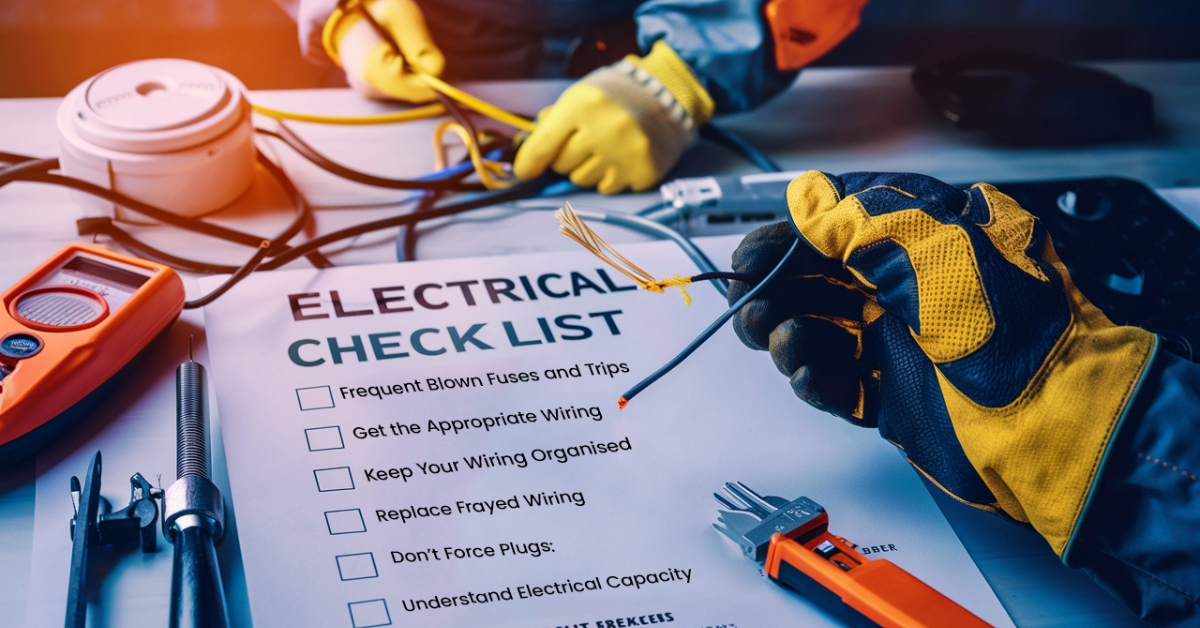Emergency Certified Electricians in Dallas, TX.
Call this Friday to Get 10% OFF
Emergency Certified Electricians in Dallas, TX.
Call this Friday to Get 10% OFF

Electrical installations are a vital part of new residential construction projects. With that in mind, hiring a certified electrician ensures proper planning and execution for maximum efficiency, safety, and longevity. As a reputable electrical service, Mr. Electric follows best industry practices and safety protocols, giving you peace of mind throughout the process. It is crucial to note that electrical projects pose serious risks and shouldn’t be handled through DIY means. Let’s delve into the helpful tips to ensure a safe residential electrical installation job.
The foundation of any successful electrical installation starts with proper planning and design. A professional electrician in Arlington, TX can assess your household’s electrical needs, including the number of lighting fixtures, outlets, and appliances. In addition, adequate planning includes incorporating enough circuits and outlets to accommodate changing electrical needs or upgrades. It is advisable to consult a reputable electrical service during the planning phase to help you create an efficient and functional system.
The material you use is vital for efficiency and safety. Before installing electrical wiring, switches, outlets, and circuit breakers, assess the materials to determine their suitability with your home’s requirements. Also, ensure the proper wire gauge for your circuits to prevent overheating, fire hazards, and costly electrical repair emergencies. If you prefer a professional approach, consult a licensed electrician to recommend the best materials and ensure installation meets safety standards.
New residential electrical installations should comply with building codes and standards to guarantee a safe and functional system. If you don’t comply with the regulations and laws in your area, it can lead to safety hazards and legal issues. A professional electrical service provider is knowledgeable about the latest regulations and ensures the project meets all the required standards. This includes circuit breaker installation, proper grounding, and following load capacity limits.
Grounding is vital in any electrical installation, protecting your home and loved ones against electrocutions and fires. As the term suggests, grounding entails connecting your electrical system to the earth to expend electricity safely during surges or faults. In addition, grounding helps to stabilize voltage levels, ensuring your appliances continue running. If you have a new residential electrical installation, the electrician will ensure the grounding system is installed correctly for reliability and safety.
A common electrical problem in residential buildings is overloading, which causes tripped circuit breakers, overheating, and potential hazards. Effective load management entails the distribution of electrical loads evenly to avoid overloaded circuits. A professional can calculate the total electrical load of your home, allocating the right circuits to high-demand areas such as the living room, bathrooms, and kitchens. This helps to prevent strain on your system, increasing its lifespan without risking frequent electrical repair calls.
When it comes to electrical installations in new or old residential buildings, safety and efficiency are crucial. By following these helpful tips, you can create a reliable and efficient system that meets your electrical needs. Contact us at Mr. Electric and schedule a consultation with our technicians to invest in a well-designed and properly installed system.